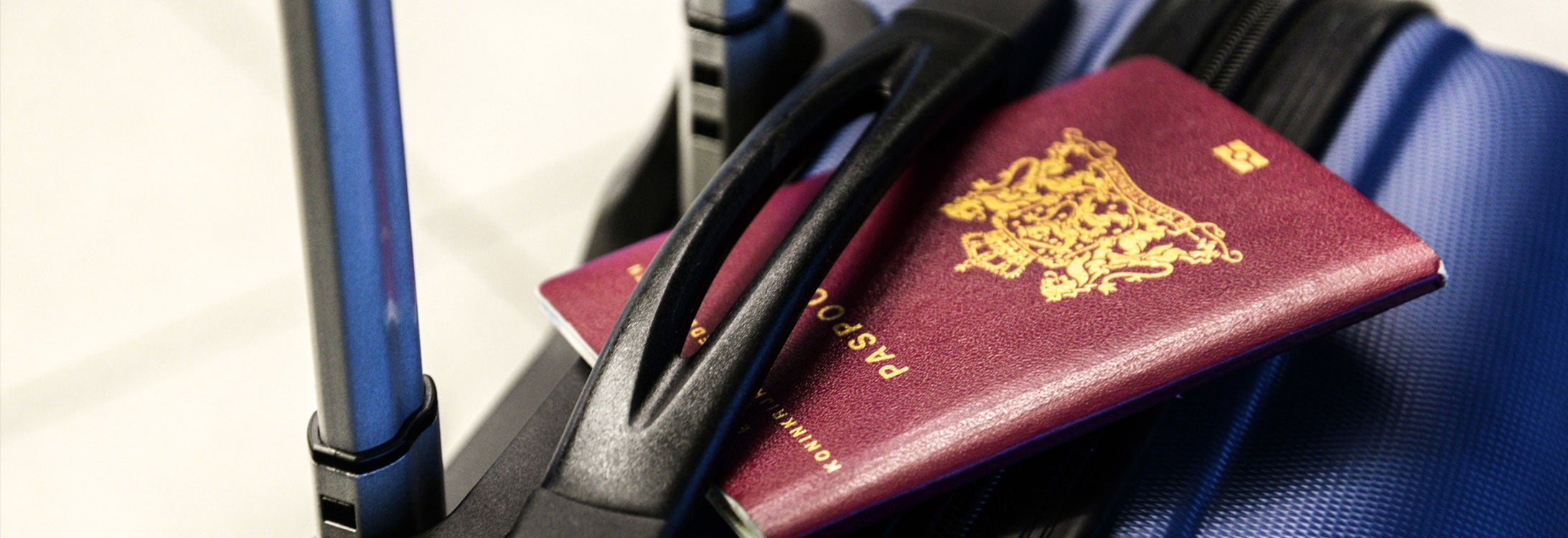Corporate Compliance and Ethics Week – U.S. Sanctions and Research
We frequently read and hear about U.S. sanctions in the news. But, how do U.S sanctions affect fundamental research and teaching activities at ECU and other universities?
Sanction ≠ Export Control
If you read the word “sanctions” and immediately checked out, it’s understandable. However, you should keep reading, even if you think your research may not be affected.
U.S. sanctions generally prohibit or restrict activities with certain countries, including individuals ordinarily resident in those countries, or with specific entities or persons, regardless of country. Examples include foreign universities, companies and individuals that are engaged in activities that do not support U.S. foreign policy, such as trafficking narcotics, interfering in U.S. elections, engaging in human rights abuses, undermining democratic processes that threaten the sovereignty of a country, among others. In contrast, export controls typically prohibit or restrict the transfer of specific categories of information, software or items to various countries, individuals in those countries, or even to foreign persons within the U.S.
While export controls rarely affect the research or teaching at ECU, U.S. sanctions can have a broader impact on both. U.S. sanctions especially prohibit or restrict research activities when research collaborators are citizens of Cuba, Iran, Syria, or North Korea, and the individual is not on a U.S. university’s campus. Don’t be discouraged from participating in such collaborations, though. ECU’s Office of Export Controls and Customs can help apply for the necessary government licenses that would allow these collaborations. Sanctions also may more directly impact research collaborations with universities or research institutions that are known to support certain research categories. For example, research with even the potential to be used to develop weapons of mass destruction – nuclear, biological or otherwise – may be prohibited. These universities or research institutions may be located in any country.
Because of the severe risks that exist when research collaborations, even fundamental research collaborations, involve individuals in the countries named above, we’re providing some clarity specifically surrounding the topic of publishing activities. U.S. sanctions that apply to these countries may prohibit providing services to specific countries, including individuals ordinarily resident in those countries. The term “services” includes basic fundamental research collaborations. Providing publishing services in the context of academic journal editors or peer review panels, however, often is permitted. On the other hand, research collaborations, including basic or applied research that qualifies as fundamental research intended to be published, with individuals in these countries requires licenses from the U.S. Treasury’s Office of Foreign Assets Control (OFAC).
Potential Scenarios Regarding U.S. Sanctions Related to Iran
Let’s consider U.S. sanctions related to Iran and a few examples of how those could affect a teaching professor or researcher at ECU. Keep in mind that the sanctions do not impact catalog courses taught on campus. But, suppose the following:
- You work in the field of sociology and want to conduct research with a professor who is an Iranian citizen and who teaches at an Iranian university. You intend to publish the results in an academic journal.
- Do you need a U.S. government authorization to proceed? Yes. Any research collaboration with Iran requires a license to do so.
- You are an ECU professor who has hosted a doctoral candidate of a university in Iran. The doctoral candidate returns to Iran and continues to run analyses on data collected at ECU. The doctoral candidate intends to publish the results in his dissertation. However, the candidate asks you to assist with the data analysis.
- Do you need a license to proceed? Yes. Any collection, transmission, analyzation, import or export of any research data or materials in conjunction with the publication requires a license.
- You are the editor of an academic journal. You receive a manuscript from an individual in Iran who asks you to consider the manuscript for publication.
- Can you proceed without a license? No and yes. Initially, the U.S. sanction prohibits this activity. But, the sanction also includes a provision that automatically authorizes this specific activity related to publishing. So, you cannot proceed without a license. However, the license already exists. So, you may proceed.
- You teach an advanced undergraduate level mathematics course at ECU. During your undergraduate career, you befriended an Iranian classmate. Your classmate returned to Iran after completing her degree and she, too, became a professor. She asks you to teach a 6-week course to her students via distance education. Most of the students are pursuing undergraduate degrees in mathematics. Unfortunately, you are unable to travel from Greenville during the time period requested.
- Do you need a license to proceed? Yes. Advanced level courses that would be of the kind typical of those required for an undergraduate degree in mathematics would require a license.
Keep in mind that an activity that requires a license might very well be granted a license. Don’t let sanctions discourage you from activities with individuals in even the most restricted countries. Let’s pursue these endeavors in the right way, though. It’s easy to avoid penalties by understanding how sanctions may impact you.
Want more information regarding sanctions or export controls? Visit The Office of Export Controls and Customs website at https://rede.ecu.edu/oecc/, email us at ECUExportControls@ecu.edu, or call us at 252-744-2395.
